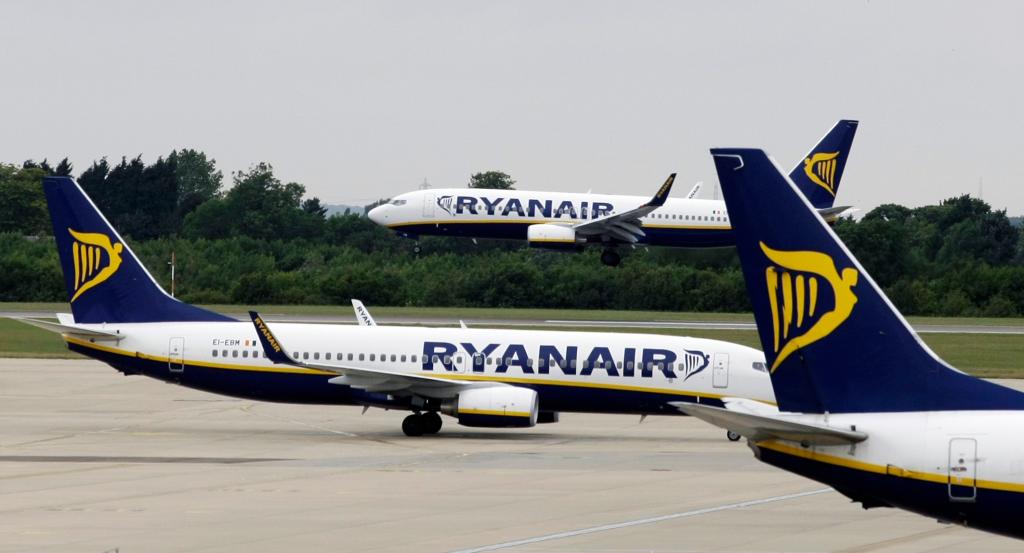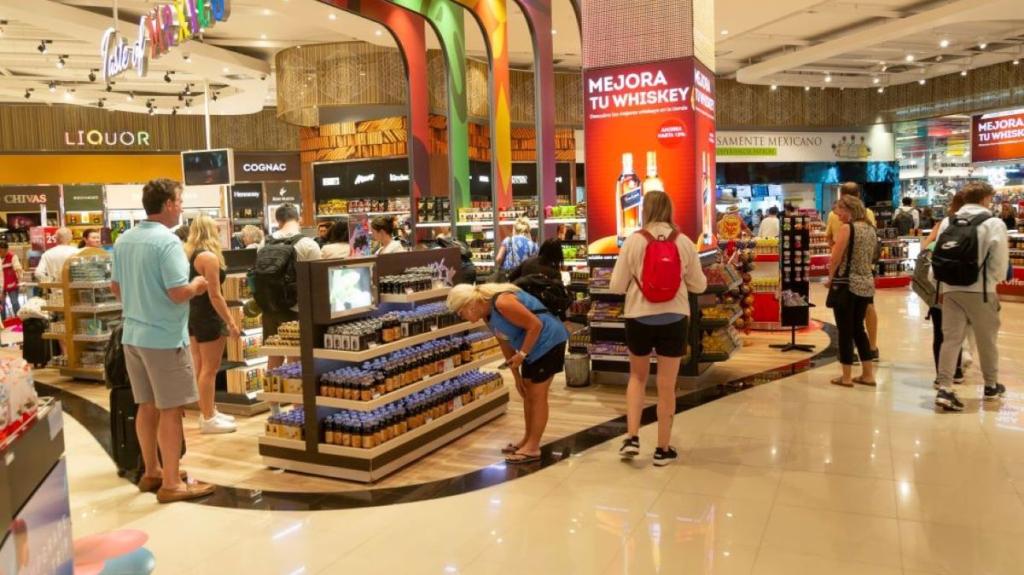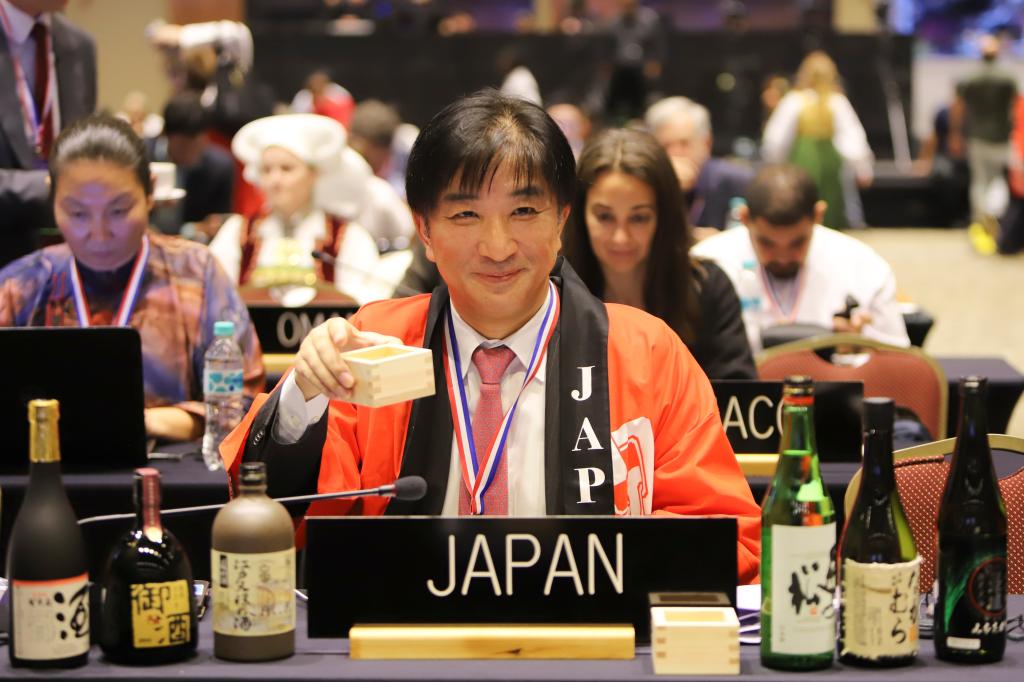Ryanair's Push for Airport Drink Limits to Ensure Flight Safety
Ryanair's CEO urges a two-drink limit at airports to combat rising in-flight violence and ensure safer travel experiences for all passengers.

Key Points
- Ryanair
's CEO,
Michael O'Leary, advocates for a two-drink limit at airports to reduce in-flight violence and enhance passenger safety.
- The rise in aggressive behavior is largely attributed to alcohol consumption combined with other substances, complicating management for airline staff.
- Implementing this alcohol restriction would not impact airport bar profits, while promoting responsible drinking among travelers.
In recent months, the aviation industry has been grappling with an alarming rise in in-flight incidents related to alcohol consumption. Michael O'Leary, the CEO of Ryanair, has vocalized concerns over this escalation, advocating for a stricter policy that would limit passengers to two drinks per boarding pass at airport bars. This initiative is not just about reducing unruly behavior; it's a comprehensive approach aimed at ensuring safety both in the air and on the ground.
The Extent of the Problem
O'Leary has pointed out that violent incidents on flights have surged, with reports indicating that such occurrences now happen weekly. These incidents range from aggressive confrontations between passengers to assaults on flight crew members. According to O'Leary, the mixed use of alcohol with other substances such as tablets and powders is exacerbating the situation. This cocktail is leading to aggressive behaviors that airline staff find increasingly difficult to manage.

One recent case involved a British holidaymaker who was convicted for sexually assaulting a flight attendant during a Ryanair flight from Newcastle to
. Such distressing incidents are not isolated; they are part of a broader trend that O'Leary argues could be mitigated through better regulation of alcohol consumption before boarding.
The Proposal: Limiting Airport Drinks
O'Leary's proposal suggests that implementing a cap on the number of alcoholic beverages each passenger can purchase at airports could be a practical solution. He emphasizes that while it is essential for passengers to enjoy their flight experience, public safety must take precedence. This restriction would not only help in reducing potential altercations but would also streamline the boarding process, as flight crews often struggle to identify intoxicated passengers amongst groups of familiar faces.
He further notes that current airport policies often fail to prevent intoxicated individuals from accessing alcohol, stating, "As long as they can stand up and shuffle, they will get through". This loophole needs addressing, especially considering that popular routes to "party destinations" such as Ibiza and certain Greek islands are most prone to these disruptions.
Real-World Impact and Benefits
Many may wonder how such a policy might affect airport businesses. O'Leary confidently asserts that this measure need not hinder the profitability of airport bars. It would still allow for the sale of food and beverages, albeit in a more controlled manner. Ensuring that passengers can only indulge in a limited number of drinks may enhance the overall experience for the majority, who are simply looking to travel without the burden of rowdy fellow flyers.
Moreover, the notion of returning to responsible drinking standards, akin to those enforced in driving laws, highlighted by O'Leary's rhetorical question, “Why do we allow people to drink and fly, yet not drive?", strikes a chord with many concerned about safety in aviation.
Looking Forward: Implementation and Support
Implementing such regulations will certainly require robust support from airport authorities and collaboration between airlines and bars. O'Leary suggests that technology could facilitate this process by monitoring drink sales across different bars, ensuring compliance with the alcohol limit established for each passenger. This innovative approach could transform the way we manage alcohol consumption at airports, encouraging a safer environment for all.
In Summary
As the aviation sector continues to rebound from previous challenges, the issues surrounding alcohol consumption must be addressed proactively. By limiting alcohol purchases to two drinks per passenger before flight, we can significantly reduce the frequency of in-flight disturbances and ensure a more enjoyable flying experience for everyone. Initiatives like these not only promote safety but also reflect a progressive stance towards responsible travel. Embracing this change will chart a safer course for both airlines and their passengers in the future.

